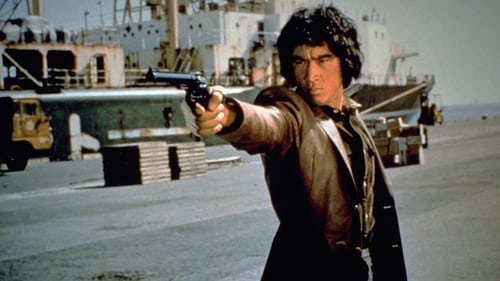
Tokyo High Court judge
TV film about the "Nishiyama Incident", a scandal surrounding the 1972 return of Okinawa to Japan. Produced to commemorate the 20th anniversary of TV Asahi in 1978 and released theatrically by Office Henmi in 1988.

The first movie of Tôru Murakawa’s “Game” trilogy, in which an assassin hired to recover a kidnap victim becomes embroiled in a vicious power struggle between two large corporations over a sizable government defence contract.

1947 Toho film directed by Tadashi Imai

Police Officer Asano
Stalwart soldiers of the Japanese Empire – Japanese and Korean alike – stand in defense of a military outpost threatened by "bandits."

The premature death of a young mother serves as inspiration for her husband and son.

Set in Qingdao, China, a Japanese company locates an office there and begins work and cooperation with a local Chinese company for business. Many Japanese engineers also move to China, with their families, for the company in order to construct a canal. There are young Chinese resisting the Japanese in this area.

Song of the White Orchid was a co-production of Toho and Mantetsu, the railway that served the colonial region of Manchuria, and the first film in the Kazuo Hasegawa/Shirley Yamaguchi (Ri Koran) “Continental Trilogy.” Handsome Hasegawa (representing Japan) runs up against an impertinent Yamaguchi (representing the continent); not surprisingly, in the course of the film the woman comes around and realizes the benevolent intentions of the Japanese. In Song of the White Orchid Yamaguchi leaves Hasegawa, who plays an expatriate working for the railway, because of a misunderstanding. She joins a communist guerilla group plotting to blow up the Manchurian railway. Learning of the subterfuge that led to the misunderstanding, she renews her faith in Hasegawa—and by extension Japan—and tries to undermine the plot.




